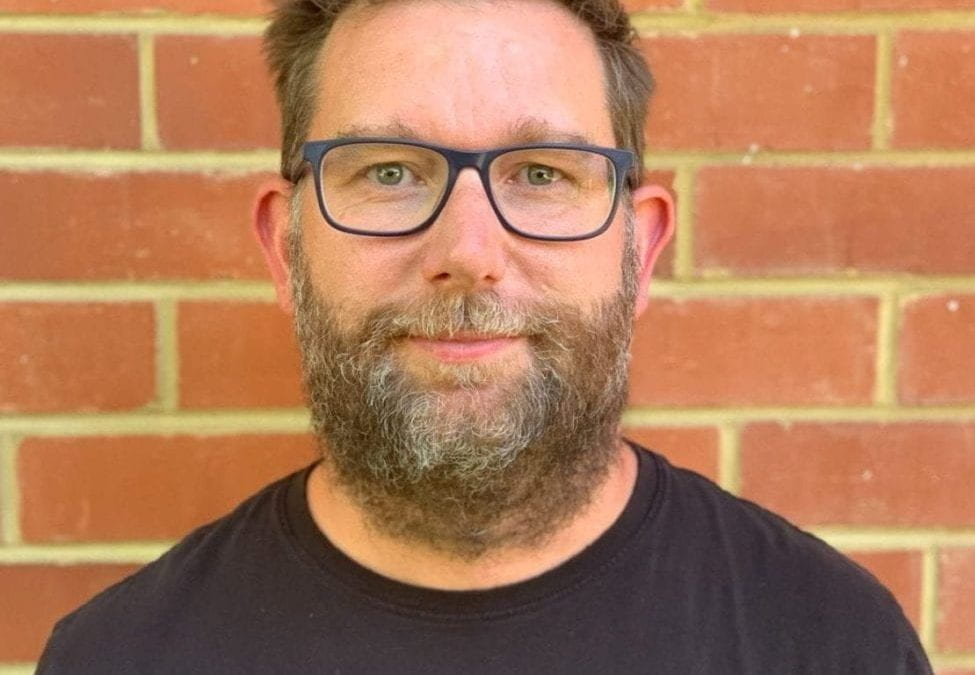Nick leads the big data analysis of ‘resilient teen’ outcomes and is part of the ‘Big Data’ team at A Better Start National Science Challenge.
Nick is a Research Fellow at the Department of Women’s and Children’s Health within the Dunedin School of Medicine at the University of Otago. His PhD took a lifecourse approach to autism research, examining health, education, and criminal justice system outcomes of autistic young people. While autism remains a primary focus of his current research, his broader interest include exploring life outcomes for young people with other neurodevelopmental, mental health, and physical health conditions. Nick is currently the principal investigator on three separate research grants that focus on life outcomes for autistic young people and their families, the association between the physical environment and mental health, and the impact of type 1 diabetes on educational outcomes respectively.
You can read his thesis here: Autism/Takiwātanga in Aotearoa New Zealand.
1. Can you tell us about your current project and why it’s important?
I am currently leading three projects at the moment. The first examines young people’s mental health in relation to the physical environment they grow up near (e.g., green spaces, blue spaces, gambling outlets, and supermarkets). The second explores educational outcomes for young people with type 1 diabetes. The last is almost an extension of my PhD which focuses on autism, and looks at life outcomes of autistic young people (e.g., in health, education, and the labour market) and their parents (mental health and the labour market).2. What stage is your research at?
The different projects are at various stages. The Diabetes project is almost finished and the research has been submitted for publication. The mental health project is almost half complete with several papers published already and several more in progress. The autism work has only recently started, although we are making good progress and will look to have some findings published in the middle of this year.3. What made you choose data science?
I wouldn’t call myself a data scientist, but I do enjoy working with data. In particular, in our research we have access to a world leading source of data that includes everyone living in Aotearoa and has information on multiple domains of people’s lives such as health, education, the labour market, and the criminal justice system. So I love trying to be a bit creative in how we can use these data for research that can improve people’s lives and then getting stuck in and executing those ideas through some data work.4. Why do you like being involved with A Better Start?
I enjoy being part of A Better Start mostly because of all the wonderful researchers I have been able to learn from and work with. The multidisciplinary aspect of our research is fun to be a part of, but importantly, it improves the quality of the research. I’ve also enjoyed the range of research projects including in mental health, neurodevelopmental conditions, and education.5. Having just been awarded your PhD – what advice can you give other’s working towards their PhD?
I think the key is remembering a PhD is supposed to be a learning experience. Then, to figure out what works best for you in trying to support that journey. For me it meant engaging with the communities the research was about, and surrounding myself with a multidisciplinary group of people to advice on various aspects of the research process. Lastly, a good supervision team is crucial.
Dr Nicholas Bowden on LinkedIn

